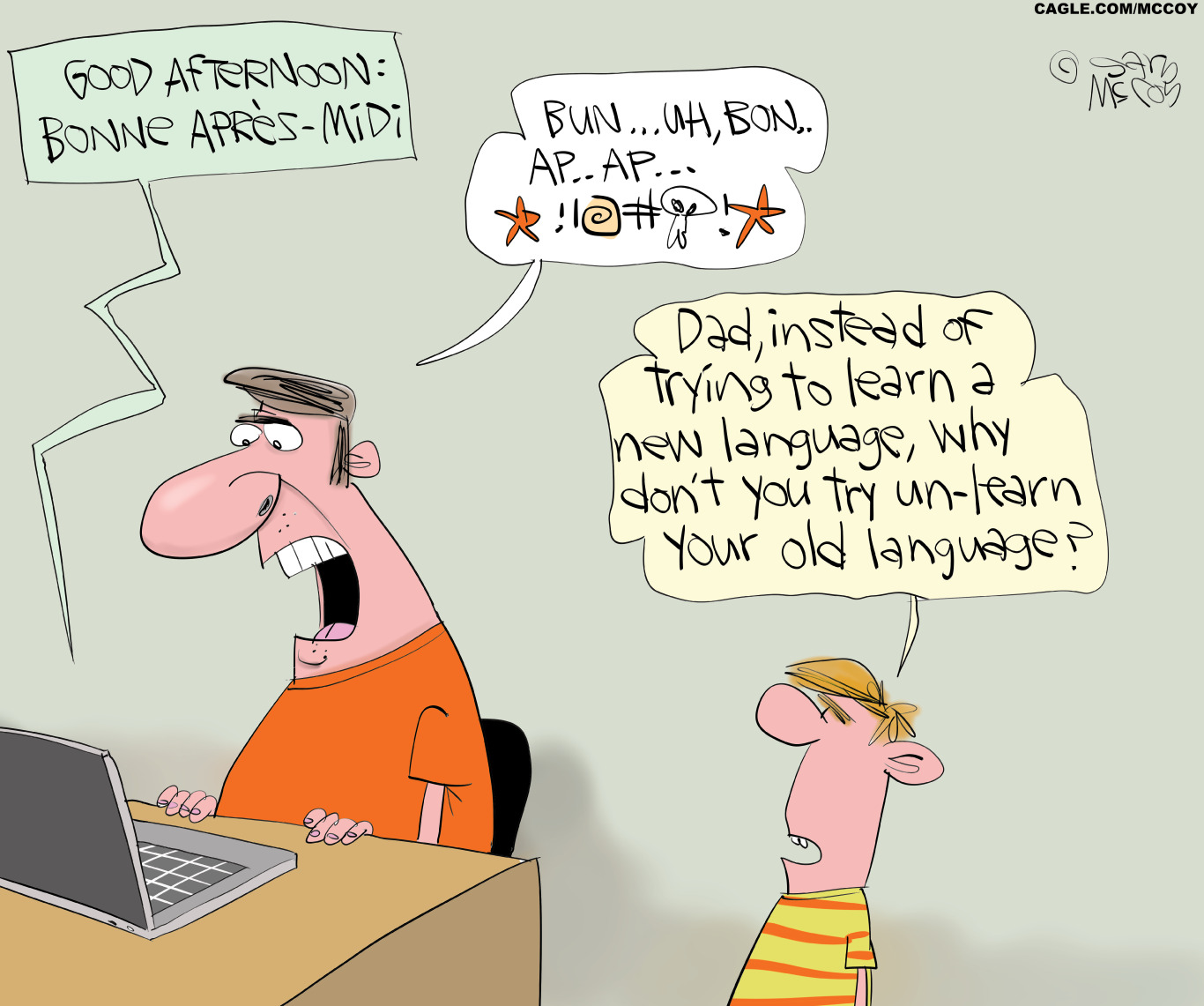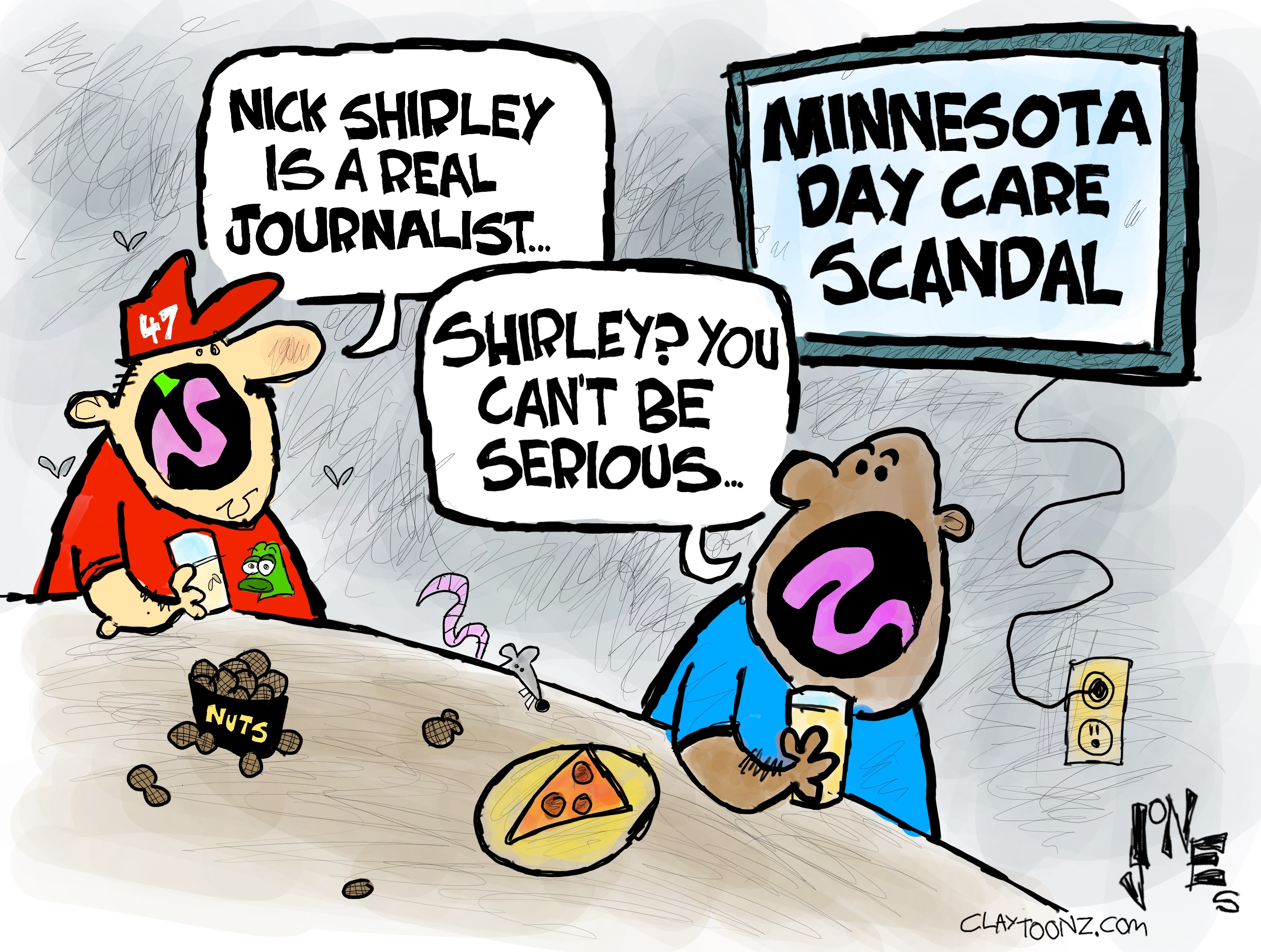Why Eve Babitz played naked chess with Marcel Duchamp


Eve Babitz was Los Angeles' greatest bard. Promiscuous but discerning, the bombshell with a brain bonded with Joan Didion and bedded Jim Morrison. A writer first and party girl second, Babitz presented in reverse until she sickened from what she called the "squalid overboogie." People took her penchant for presenting herself as trivial seriously; her books went out of print, and an accident that left her with serious burns over half of her body turned her into something of a recluse.
Babitz is finally getting the literary comeback she deserves, but she's still best remembered for posing nude with Marcel Duchamp while they played chess. She was 20, and he was 76. And in this interview with Paul Karlstrom for the Archives of American Art in June 2000, she explained why she did it: to punish her married boyfriend Walter Hopps for not inviting her to a party.
BABITZ: ... [Photographer Julian Wasser] wanted me to be part of this deal and I wouldn't go to the party with him when he wanted to take me because Walter didn't invite me.KARLSTROM: So, what were you, Walter's girlfriend or something?BABITZ: I thought I — I deserved respect.KARLSTROM: I would say. This story is much more interesting than —BABITZ: That's right. I was 20 years old and I wasn't invited to this party. So, I took these pictures. That was it. You know, I got to Duchamp. We started playing chess. [Archives of American Art, Smithsonian Institution]
Duchamp won several times, but she didn't care. In fact, she was kind of over it.
The Week
Escape your echo chamber. Get the facts behind the news, plus analysis from multiple perspectives.

Sign up for The Week's Free Newsletters
From our morning news briefing to a weekly Good News Newsletter, get the best of The Week delivered directly to your inbox.
From our morning news briefing to a weekly Good News Newsletter, get the best of The Week delivered directly to your inbox.
BABITZ: I wanted my cigarettes. I wanted my glasses. I wanted my clothes on; I wanted Julian to take me to a Chinese restaurant.KARLSTROM: So you —BABITZ: I knew exactly the one he wanted to go too. Chow Yung Fat. It's down on Main Street.KARLSTROM: So you really weren't all that comfortable?BABITZ: No. No.KARLSTROM: But it was worth it.BABITZ: It was worth it because Walter came in and he dropped his gum.KARLSTROM: So Walter actually came in to see how it was going.BABITZ: Yeah.KARLSTROM: And he didn't even know you were there.BABITZ: No.KARLSTROM: Wow. So you won.BABITZ: Yeah.KARLSTROM: You didn't win at chess.BABITZ: No.KARLSTROM: But you won in terms of taking control of the situation.BABITZ: That's right.KARLSTROM: I mean, did you think of it a little bit that way? Because I'm thinking of motivation.BABITZ: I said, "Hello, Walter" and he dropped his gum.KARLSTROM: Literally?MS. BABITZ: Yes. He always chewed Double Mint gum. [Archives of American Art, Smithsonian Institution]
This descriptive lightness and jolly insistence on her own frivolity make Babitz a pleasure to listen to when she's speaking off the cuff (and an absolute dream to read, where she sneaks in structural flourishes that knock you silly with their unsuspected lyricism). If you're up to it, read the whole oral history; it's a marvelous thing. Better still: Read her books. On Aug. 30, Slow Days, Fast Company will be back in print.
A free daily email with the biggest news stories of the day – and the best features from TheWeek.com
Lili Loofbourow is the culture critic at TheWeek.com. She's also a special correspondent for the Los Angeles Review of Books and an editor for Beyond Criticism, a Bloomsbury Academic series dedicated to formally experimental criticism. Her writing has appeared in a variety of venues including The Guardian, Salon, The New York Times Magazine, The New Republic, and Slate.
-
 Political cartoons for January 4
Political cartoons for January 4Cartoons Sunday's political cartoons include a resolution to learn a new language, and new names in Hades and on battleships
-
 The ultimate films of 2025 by genre
The ultimate films of 2025 by genreThe Week Recommends From comedies to thrillers, documentaries to animations, 2025 featured some unforgettable film moments
-
 Political cartoons for January 3
Political cartoons for January 3Cartoons Saturday's political cartoons include citizen journalists, self-reflective AI, and Donald Trump's transparency
-
 Son arrested over killing of Rob and Michele Reiner
Son arrested over killing of Rob and Michele ReinerSpeed Read Nick, the 32-year-old son of Hollywood director Rob Reiner, has been booked for the murder of his parents
-
 Rob Reiner, wife dead in ‘apparent homicide’
Rob Reiner, wife dead in ‘apparent homicide’speed read The Reiners, found in their Los Angeles home, ‘had injuries consistent with being stabbed’
-
 Hungary’s Krasznahorkai wins Nobel for literature
Hungary’s Krasznahorkai wins Nobel for literatureSpeed Read László Krasznahorkai is the author of acclaimed novels like ‘The Melancholy of Resistance’ and ‘Satantango’
-
 Primatologist Jane Goodall dies at 91
Primatologist Jane Goodall dies at 91Speed Read She rose to fame following her groundbreaking field research with chimpanzees
-
 Florida erases rainbow crosswalk at Pulse nightclub
Florida erases rainbow crosswalk at Pulse nightclubSpeed Read The colorful crosswalk was outside the former LGBTQ nightclub where 49 people were killed in a 2016 shooting
-
 Trump says Smithsonian too focused on slavery's ills
Trump says Smithsonian too focused on slavery's illsSpeed Read The president would prefer the museum to highlight 'success,' 'brightness' and 'the future'
-
 Trump to host Kennedy Honors for Kiss, Stallone
Trump to host Kennedy Honors for Kiss, StalloneSpeed Read Actor Sylvester Stallone and the glam-rock band Kiss were among those named as this year's inductees
-
 White House seeks to bend Smithsonian to Trump's view
White House seeks to bend Smithsonian to Trump's viewSpeed Read The Smithsonian Institution's 21 museums are under review to ensure their content aligns with the president's interpretation of American history
